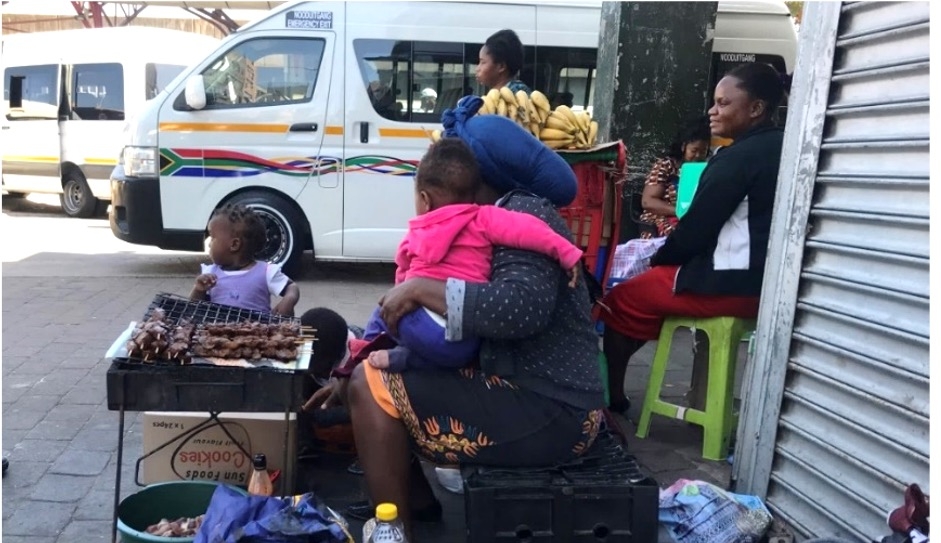Sithulisile Moyo
“On Monday, 4 July, the Department of Mineral Resources and Energy, which is responsible for confirming petrol price adjustments every month, confirmed new increases that will worsen the cost of living crisis for cash-strapped consumers. The price of 93 octane petrol will rise by R2.37 a litre and 95 octane by R2.57 a litre. Different grades of diesel will go up by between R2.30 and R2.31 a litre. Meanwhile, paraffin prices will increase by R1.66 a litre, while the maximum LPG retail price will fall by R2.18 per kilogram.”
Between 2020 – 2022 , informal worker earnings per month gradually decreased to a threshold way below their pre- 2020 weekly earnings. A study conducted by AeT articulated that economic recovery for informal workers in Durban has been slow, and in some respects conditions have worsened since midyear 2020. In July/August 2021, fewer workers (79%) reported being able to work in the last month than in midyear 2020, when 85% reported working in the last month. Average earnings across the sample have increased only marginally since midyear 2020, averaging only 56% of pre-pandemic levels. The majority of workers (73%) reported low monthly earnings of between R0 and R1890, well below the national minimum wage of R3500. The COVID-19 pandemic and the subsequent lockdown worsened the already precarious nature of their livelihoods. Notwithstanding that, informal traders survive on meagre incomes; at the best of times they are often subjected to harassment from the police and treated with hostility by the government. One trader noted that , “I stay in Umlazi, a single trip used to cost R20, but now it has increased to R25. I work 6 days a week, thus l need R150 to be able to operate weekly. Yet i only make approximately 200 or less weekly in sales.
Food insecurity during lockdown vs fuel hikes period
The lack of security informal workers face in their line of work heightens the likelihood of food insecurity. Research in Warwick Junction (Durban’s largest public transport and informal trading hub) shows that of 180 informal workers surveyed, more than 80% reported that adults and children in their households experienced hunger during the hard lockdown. In July 2020, more than two months after the lockdown restrictions were lifted, informal workers were still under huge economic strain. The income of 72% of those surveyed had not returned to pre-lockdown levels. Many street vendors were earning less than half of their pre-lockdown income. Currently, food insecurity has increased, affecting both food and non-food traders who are unable to feed their families. Mangcobo, a mealie trader, said, “Yesterday me and my three grandchildren went to bed hungry, we couldn’t afford to buy bread at the local bakery for R11”.


